Teaching The Next Generation
Many of you are mothers and fathers, aunties and uncles, and grandmothers and grandfathers. How and when do you explain to the next generation what it is to be indigenous in Canada? How do you describe the turbulent waters of our past and reconcile our present for the next generation?
Age and maturity level are critical of course. Direct or immediate relevance is also important to consider. But at some point, is it not imperative that the next generation understands how we arrived here? Should our children not recognize the journey that has been taken to reconcile Indigenous rights in Canada? How will we make the next generations stronger, smarter, and better?
In short, knowledge is power. As the general and strategist Sun Tzu said, “If you know the enemy and know yourself, you need not fear the result of a hundred battles.” We must therefore educate the next generations in order to empower, embolden, and help them stand resolute in their convictions. We must give them the knowledge to make informed decisions and solve problems effectively.
Knowledge helps us to adapt, evolve, and adjust. It also boosts self-confidence and drives innovation. Overall, knowledge empowers simply by providing the tools to understand, navigate, and shape the world around us. It's a valuable asset that can open doors and lead to success in various aspects of life.
So, when the child is age-appropriate, will you educate your child on how settler society has dismantled Indigenous knowledge and governance systems while expropriating our lands and resources? Will you illustrate why the promise of reconciliation remains so elusive? Will you teach the next generation to demand a more ethical and rewarding path to reparations and co-existence?
Ultimately, the goal is to empower our children with the knowledge and skills to make safe decisions and navigate an increasingly complex world (while also being aware of the unique challenges they may face due to their identity.) This topic is admittedly vast and potentially disturbing, so discussing it may seem daunting, but it’s important to have age-appropriate conversations about inequality and prepare children to become the next generation of adults who can bring justice to the world.
Indigenous people and communities are thriving today so ensure your kids see many positive examples of present-day Indigenous success stories, characters, and real-life people. Make sure the stories they’re exposed to aren’t just about overcoming racism and trauma—introduce happy, successful, relatable storylines. There is also not one “pan-Indigenous” identity. It’s therefore also important to demonstrate that there are hundreds of Indigenous nations, each with their own language, culture, traditions, and relationships with the land and other nations.
We need to activate our children’s sense of fairness and empathy. When age-appropriate, if discussing historical injustices, we should always aim to double the amount of positive, modern-day representation of any group whose oppression we’re discussing. That way, the overall proportion of what kids take in won’t inadvertently emphasize trauma narratives. Also, choose language that puts the accountability on the people who did the harm, not the people who experienced it.
It’s important to acknowledge negative feelings but don’t dwell on them. These are hard, unfair situations, and in some ways, many of these same injustices continue today in a different form. It’s healthy and authentic for kids to see that you feel bad about them, but the goal isn’t to have them wallow in feelings of guilt or sadness.
The chief goal is to empower our children to strive for justice in the world. So, whenever you discuss injustice, always empower children by moving forward into concrete action. The power of resistance and involving your children in these actions will empower them, preparing them to be caring, engaged citizens who will help repair harm and build a more equitable world.
We must embrace our noble heritage as our cultural richness is our strength. Together we have the power to shape a better future. Be the change.
RESOURCES:
If you know someone interested in gaining a greater familiarity with Indigenous/non-Indigenous relationships - the University of Alberta offers a free 12-lesson Massive Open Online Course (MOOC) from the Faculty of Native Studies (https://www.ualberta.ca/admissions-programs/online-courses/indigenous-canada/index.html). The course explores the different histories and contemporary perspectives of Indigenous peoples living in Canada. From an Indigenous perspective, this course examines the complex experiences Indigenous peoples face today from a historical and critical perspective highlighting national and local Indigenous-settler relations.
https://www.unicef.org/parenting/talking-to-your-kids-about-racism
#Be the Change
